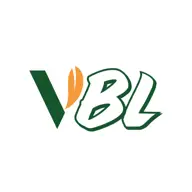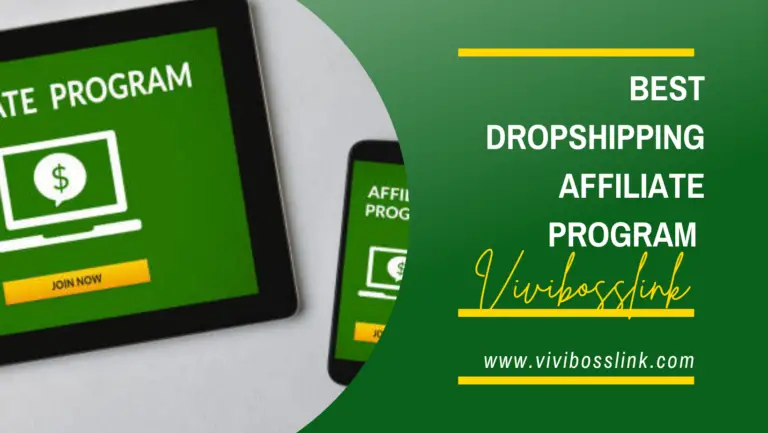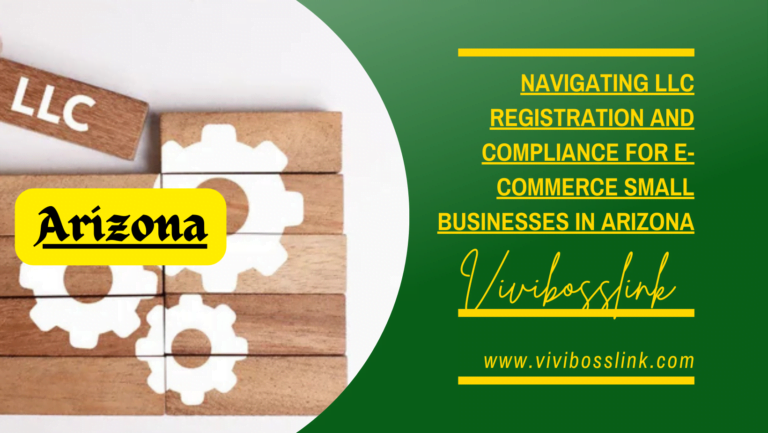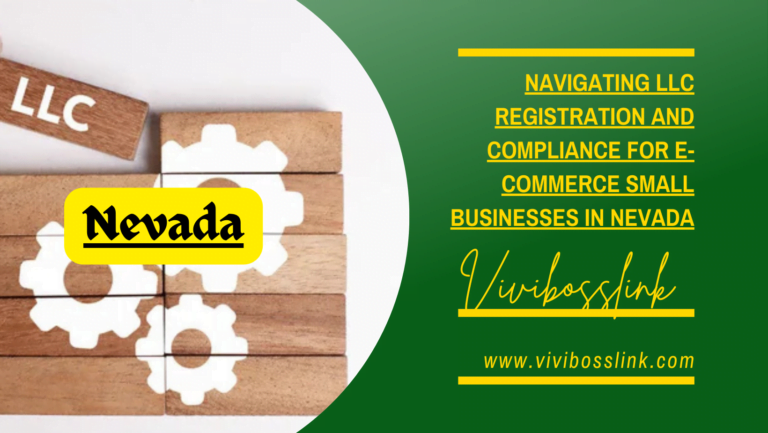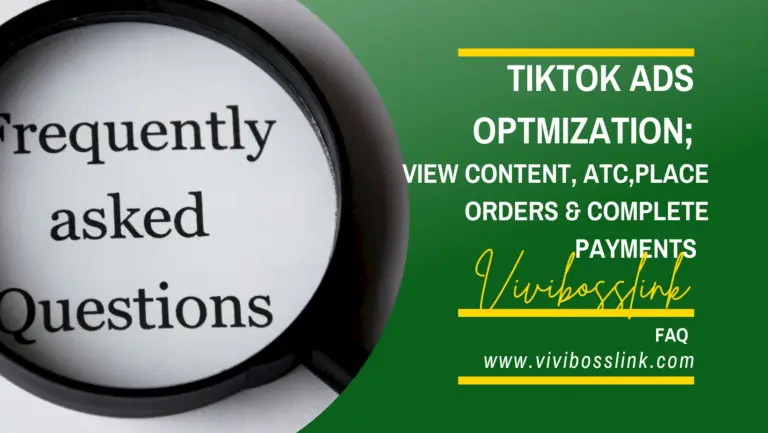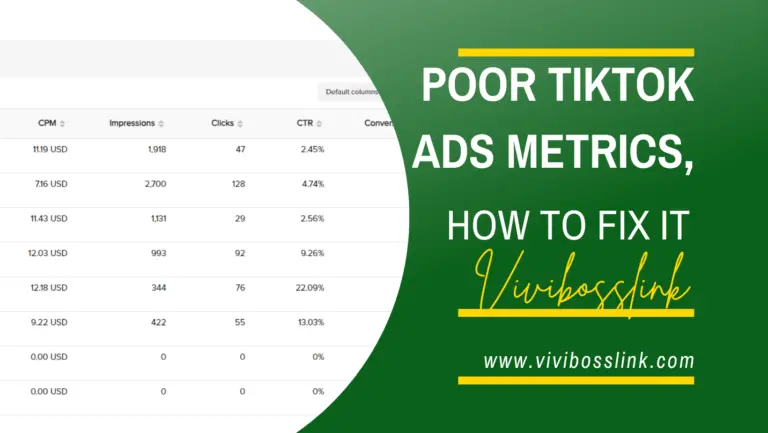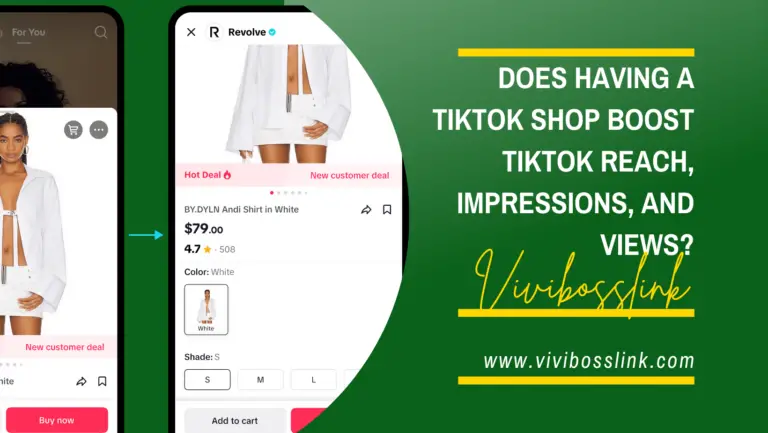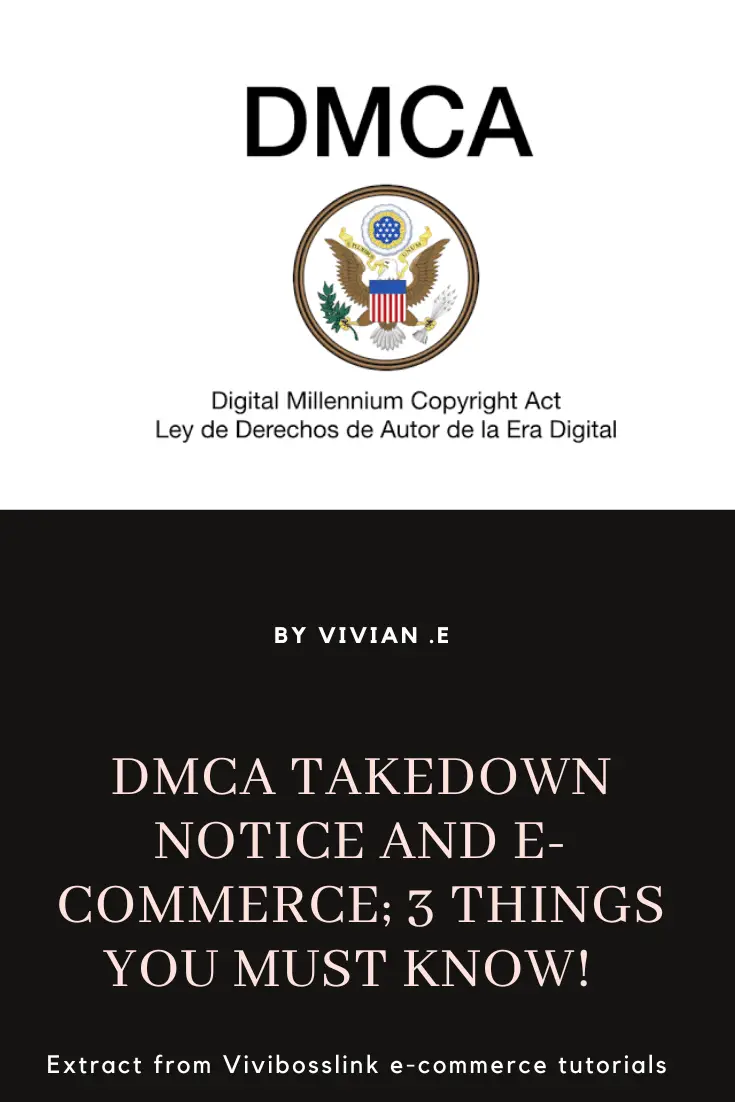
The Digital Millennium Copyright Act was enacted by Congress to address Copyright Infringement in the Internet space.
Here is an example of how this works, so assuming you own an ecommerce Business and you take photos of the products you want to sell and create video contents since you are the original creator of those contents, you become the Copyright Owner.
Copyright is different from Registered Trademark and Patent. In the case of Copyright ownership, you do not need to take additional Registrations steps. The fact that you were the original creator of that photograph or video makes you the Copyright Owner as well.
If you’re Dropshipping, for example, you might be selling an unbranded product in which case you do not have trademark right towards the product and cannot stop anyone from selling it.
However, if you took your own photos of that product then you have Copyright Ownership of that product photos and can stop others from using those product photos on their e-commerce Store without authorization from you.
To stop anyone from using your Copyrighted works (photos, videos etc) on the internet, you can try to contact them directly or send a DMCA Take down demand to their web host, platform or internet service Providers.
The Web Host, platform or ISP will take down the infringed content as required by the Digital Millennium Copyright Act and send a DMCA Take Down Notice to the person whose content was removed.
This protects the Webhost, Platform or ISP from any Copyright Infringement Liability occasioned by a User.
The ISPs, Web Host or Platform will issue a strike to the person reported of Copyright infringement along with the details of the person or company that demanded the take down, particulars of what exactly was infringed and the url of where the infringed content existed.
In case of repeated complaints of Copyright infringement against a user, the ISP, Web Host or Internet platforms will usually close down the Account of that User after strikes.
We can see examples of this with how Platforms like Shopify, Amazon, Facebook, Youtube etc deals with copyright claims.
They have built their algorithm to detect and remove suspected Copyright infringement.
Also when they receive a DMCA takedown request, they take down the reported Content and send a DMCA take down notice to the person reported of Copyright infringement
What is a DMCA Take Down Notice?
When you get a DMCA takedown notice, it means that your Internet Service Provider, Web Host or Platform has taken down your content due to a Copyright infringement complaint against You.
Congress enacted the DMCA as a tool to stop Copyright infringement on the internet space.
The DMCA requires ISPs, Web Hosts and other internet platforms to quickly take down content that infringes on a Copyright.
ISP, Web Hosts and internet platforms that follow the DMCA’s takedown and counter-notice processes are protected from liability for copyright infringement caused by their users. (Pub. L. No. 105-304 (1998).) (17 U.S.C. 512 (2022).)
Can you get a false DMCA Takedown Notice?
It’s possible to get a false DMCA takedown Notice. Not all DMCA takedowns are valid.
Your content could be wrongly removed from your website or social media platform. If you think your content was wrongly removed you can fight it and get your content restored.
Here are reasons why a DMCA takedown notice could be considered false;
- No infringement; A DMCA takedown Notice is considered false if there is actually no infringement,
- Fair usage; A DMCA takedown Notice is considered false if the usage of the Copyrighted material falls within fair usage.
- Public domain; A Copyright is not an infinite right, when the Copyright expires it goes into public domain. Using a work that is in the public domain is not an infringement of Copyright therefore a DMCA takedown Notice for the usage of a work in the public domain is considered a false DMCA Notice.
- The Complainer is not the authorized Copyright Owner; only the Owner of a Copyright or his authorized Representative can initiate a DMCA takedown notice. Therefore if the complainer is not the Copyright Owner or the authorized Representative the DMCA is considered false.
- You are authorized to use the Content; the Complainer has made a mistake, you are authorized and have the permission to use the Content.
What to do if you get a false DMCA Notice
If you get a false DMCA, you can either take no action and avoid any actions that will likely get you more DMCA takedown Notices and Strikes or you can fight it and get your content restored.
If you choose to oppose it, you should be certain that this is a false DMCA takedown Notice before submitting a Counter Notice to the internet Provider, Web Host or Platform that took down your content.
For example if Shopify took down your Content and sent you a DMCA notice, you can submit a DMCA Counter notice to Shopify if you are sure that you did not infringe on any one’s Copyright.
Once you submit your Counter Notice, the Complainer will have 14 days to sue you or the Content will be restored back up.
If the Complainer does not sue within 14 days, the Web Host, ISP or Platform will reverse the takedown and restore the Content back up. (17 U.S.C. 512(g)(2) (2022).)
Please note that; ISP, Web hosts and Platform do not judge DMCA takedown notice on its merits so the end of the restoration of the content is not necessarily the end of the legal dispute.
This means that if you were actually infringing on someone else’s Copyright the DMCA takedown Notice stopped your continuous infringement but does not avail you of the potential liability for the infringement prior to the takedown.
Likewise. If you sent a counter DMCA takedown Notice and have your content restored, it does not mean that you have not committed any Copyright infringement as ISP, Web hosts and platform do not judge DMCA takedowns on its merits.
Only the courts decide DMCA takedowns on the merit, so if the other Party does not file a Lawsuit against you within 14 days, it is not a waiver of their Right to file a lawsuit against you in the future.
The only implication of the other party not filling a Lawsuit within 14 days after your Counter takedown notice is that the content will be restored back up.
Filing a counter-notice and having your content restored does not mean that you haven’t committed copyright infringement.
Courts decide copyright infringement cases—not ISPs and other internet platforms. Again, ISPs, Web Hosts, and Internet platforms do not judge the merits of a takedown notice or counter-notice.
Also, even if the other party didn’t file a lawsuit in the 14-day period after your counter-notice, they retain the right to do so in the future.
The only consequence of not filing in the 14-day period is that your content will be restored. Failing to file an infringement suit in the 14-day DMCA period isn’t a waiver of the right to sue for infringement.
So, ensure that you are not infringing on anyone’s Copyright before you decide to fill a counter take down notice.
A Lawsuit can be expensive to defend and if you lose, the damages can be steep.
It’s possible to be liable to pay thousands and even millions of dollars if you lose out on a Copyright infringement lawsuit, so be sure you are not infringing before submitting a Counter DMCA takedown notice.
A DMCA counter takedown notice should contain;
- The date.
- Your name, address, email, and phone number.
- Description of the content that was taken down, the url where the content existed and the date it was taken down.
- A statement that you believe the Content was taken down because of a mistake or misidentification by the Complainer.
- A statement that you consent to the jurisdiction of the Federal District Court for the judicial district in which you are located
- A statement that you accept the service from the person who provided the takedown notice or an agent of that person.
- Your signature affirming that you understand you’ve made your statement under penalty of perjury. (Please note that you can be criminally prosecuted for any lies or misrepresentations on your counter takedown notice.)
It’s optional to provide a reason why you think your Content was not an infringement, if you do provide a reason the ISP, Web Host or Platform that took down your Content will convey the reason to the Complainer.
Whether or not you should provide a reason is a matter of legal strategy that you should discuss with your Attorney.

